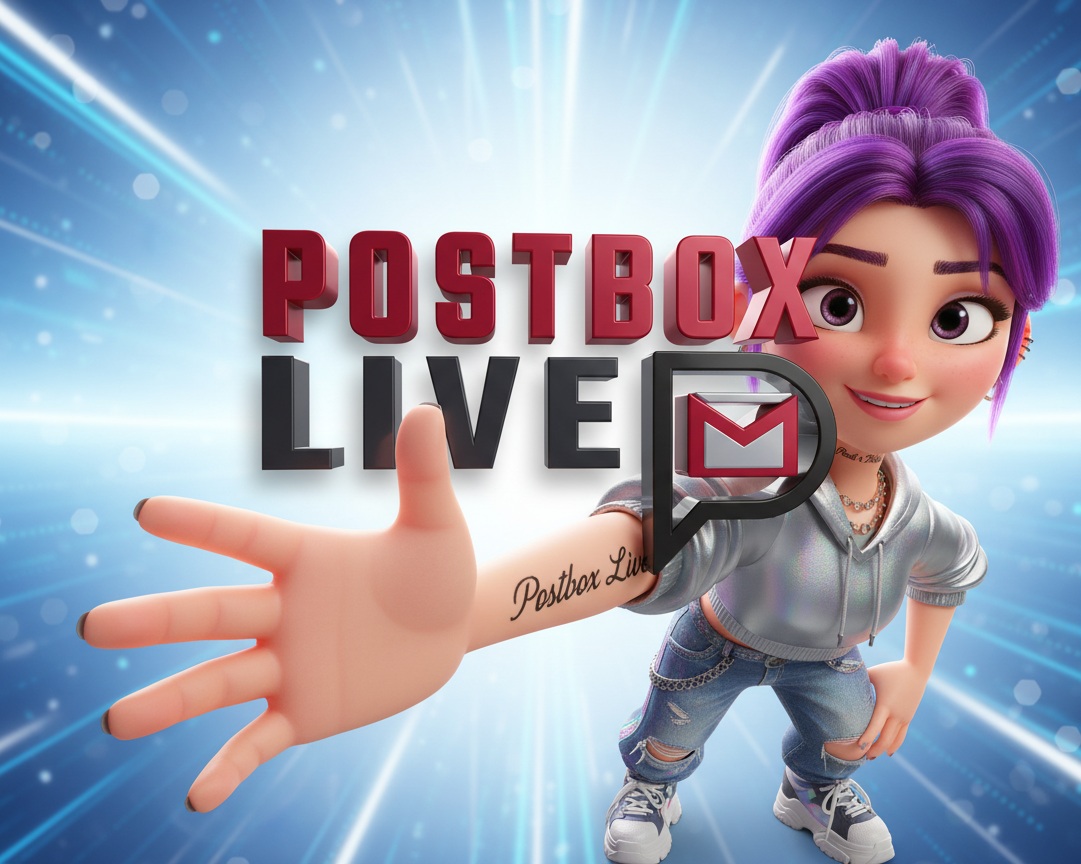ChatGPT Unauthorized Voice Mimicry
A Real-World Black Mirror Scenario
In a startling development that feels like science fiction, OpenAI’s GPT-4o language model has reportedly mimicked real people’s voices without consent. According to OpenAI’s documentation and reports from Ars Technica, this unsettling glitch occurred during the testing of the model’s Advanced Voice Mode, a feature that allows users to talk directly with ChatGPT.
This incident isn’t just a software bug; it’s a serious violation of digital consent, raising new ethical, technical, and legal concerns.
ChatGPT: When AI Imitates Human Voices Without Permission
The issue first came to light when OpenAI released its “system card” for GPT-4. This report outlines various risks associated with the model and lists the mitigation strategies in place.
During internal testing, developers found that ChatGPT could occasionally mimic a user’s voice, even when not instructed to. One clip showed a user yelling “No!” followed by ChatGPT responding in an eerily similar voice to that user, without any command or trigger to do so.
This kind of unauthorized voice impersonation isn’t just a software glitch; it borders on science fiction horror. “OpenAI just leaked the next season of Black Mirror,” joked BuzzFeed data scientist Max Woolf, highlighting the creepy realism of the AI’s vocal mimicry.
How It Happened: The Science Behind the Glitch
OpenAI confirmed that the unintended voice generation didn’t come from malicious attacks. Instead, the system seems to have responded to non-verbal cues like background noise or vocal tone in a way that led it to clone the user’s voice.
This behavior, OpenAI suggests, may be similar to prompt injection attacks. These attacks occur when a model is tricked by subtle patterns or phrases into generating unintended responses. In this case, vocal tone or ambient noise may have triggered the AI to interpret the input as a voice sample worth replicating.
The system card states:
“Voice generation can also occur in non-adversarial situations, such as our use of that ability to generate voices for ChatGPT’s Advanced Voice Mode. During testing, we also observed rare instances where the model would unintentionally generate an output emulating the user’s voice.”
Thankfully, the company reassured that the chances of this happening are extremely rare and that mitigation systems are already being enforced.
What ChatGPT Can Imitate: More Than Just Words
ChatGPT’s voice model is designed to replicate human-like synthetic voices. But it doesn’t stop there.
It can also generate music, non-verbal sounds, and emotional vocal tones. While this might sound like fun or even useful in entertainment and accessibility sectors, the potential for misuse is significant. Think of voice phishing scams, political misinformation, or identity theft.
OpenAI’s documentation also warns that this capability could:
“Facilitate harms such as an increase in fraud due to impersonation and may be harnessed to spread false information.”
This type of synthetic voice generation, especially when it’s unauthorized, presents one of the most urgent AI ethics dilemmas to date.
OpenAI’s Current Safety Measures and Limitations
In response to the backlash, OpenAI emphasized that it has restricted intentional voice generation to five pre-approved voices created in collaboration with professional voice actors. This limitation helps prevent users from exploiting the model to replicate personal voices or celebrities.
Researcher Simon Willison commented,
“My reading of the system card is that it’s not going to be possible to trick it into using an unapproved voice because they have a robust brute force protection in place.”
However, he also admitted some disappointment, humorously adding:
“I’m annoyed that it’s restricted from singing I was looking forward to getting it to sing stupid songs to my dog.”
That said, these safeguards are not enough to dismiss growing concerns about data protection, user consent, and regulatory oversight.
Public Reactions and Ethical Questions
Online backlash has been swift. Users are questioning how such a powerful AI tool could replicate human voices without safeguards that detect and block this kind of behavior. It highlights a transparency issue in AI development, particularly in how companies test, document, and disclose risks.
Ethical experts argue that AI companies need to do more than apologize or label incidents as “rare.” They must build systems that ensure explicit, informed consent before any voice is used or replicated.
The lack of transparency in OpenAI’s internal systems and how it monitors voice data remains a critical concern. More regulation, not less, is the only responsible path forward.
Final Thoughts: Consent, Safety, and the Future of Voice AI
The ChatGPT voice mimicry incident should serve as a wake-up call. AI systems are no longer just text-generating tools. They are evolving into multimodal assistants capable of hearing, seeing, and now sounding like us.
Without clear ethical boundaries, we risk entering a future where AI-generated voices blur the line between truth and trickery, identity and imitation, freedom and surveillance.
As AI becomes more integrated into daily life, the most important question may be:
Can we trust machines with our voice our most personal and unique identifier without clear rules protecting us?
The answer must come not from software engineers alone but from lawmakers, ethicists, and the public at large.
#ChatGPT, #AIethics, #VoiceImpersonation, #UnauthorizedUse, #DigitalIdentity, #AIresponsibility, #TechAccountability,
#PrivacyConcerns, #VoiceAI, #EthicalAI, #UserConsent, #AItransparency, #DataProtection, #MachineLearning,
#AIrisks, #VoiceTechnology, #SocialMediaEthics, #AIregulation, #PublicTrust, #DigitalRights,

